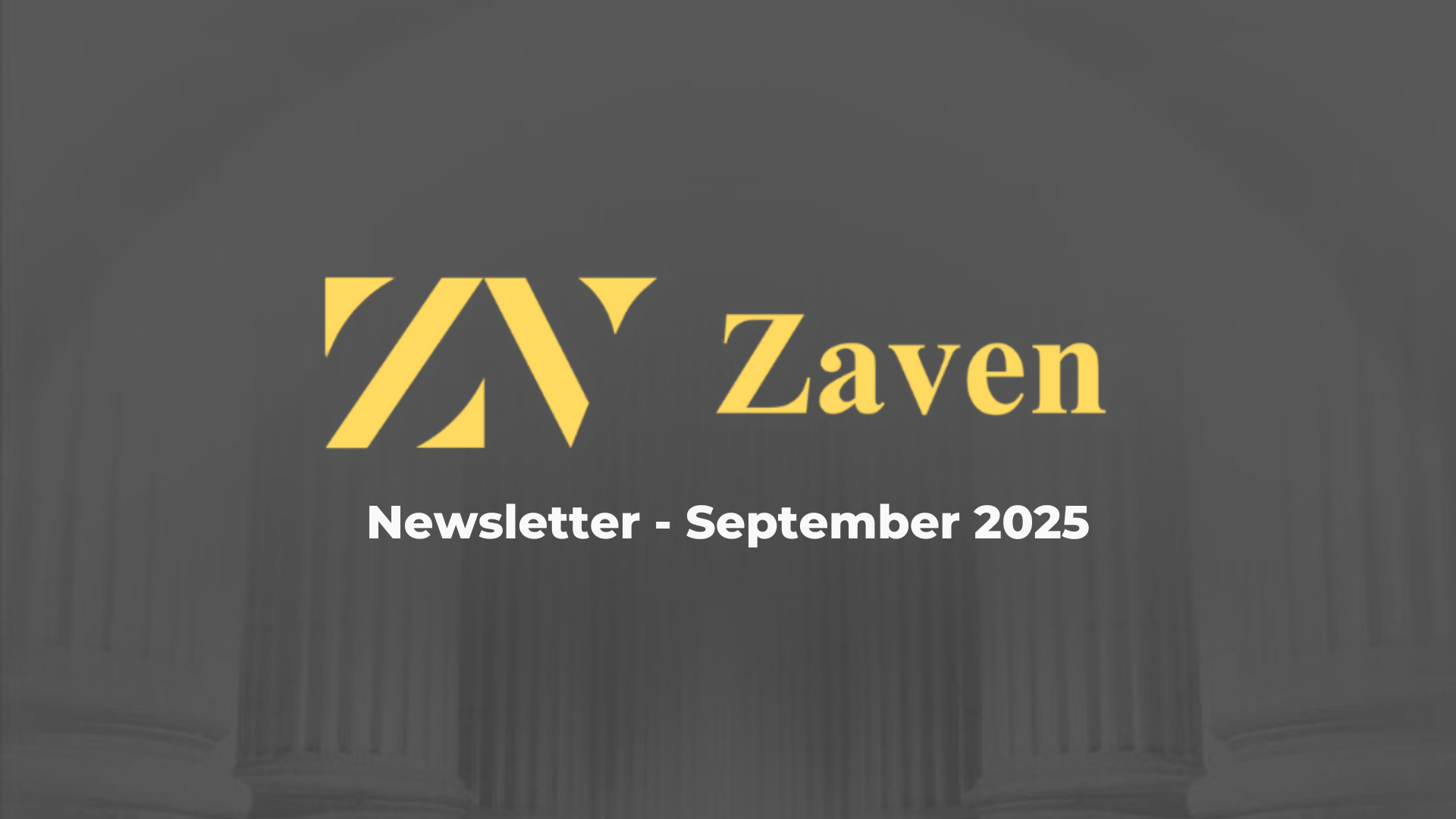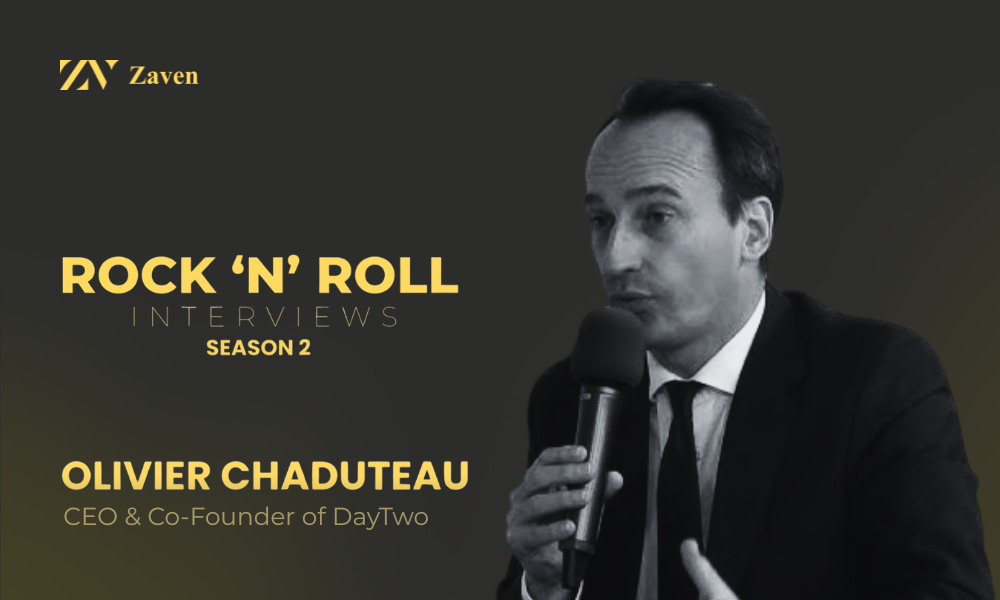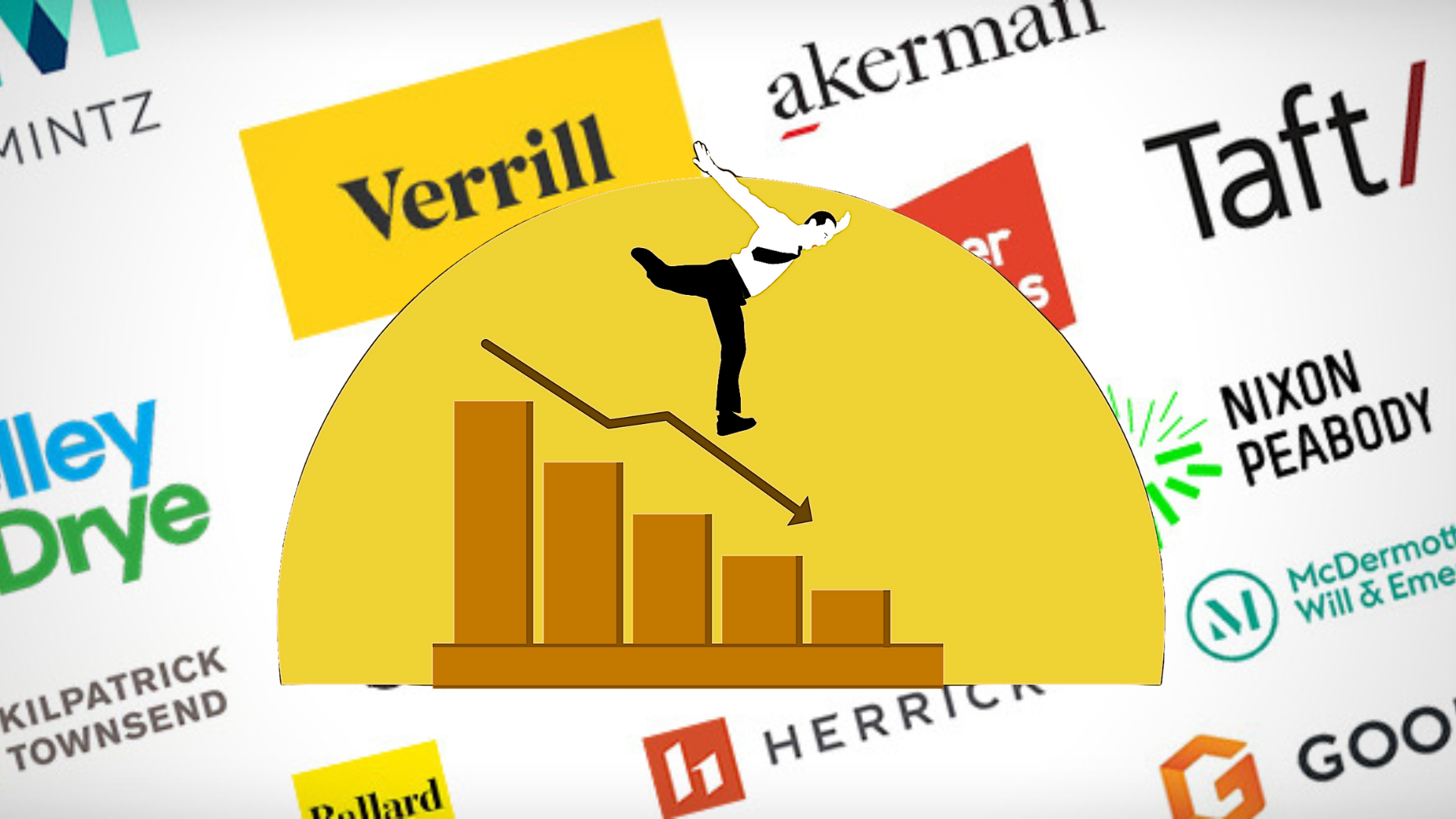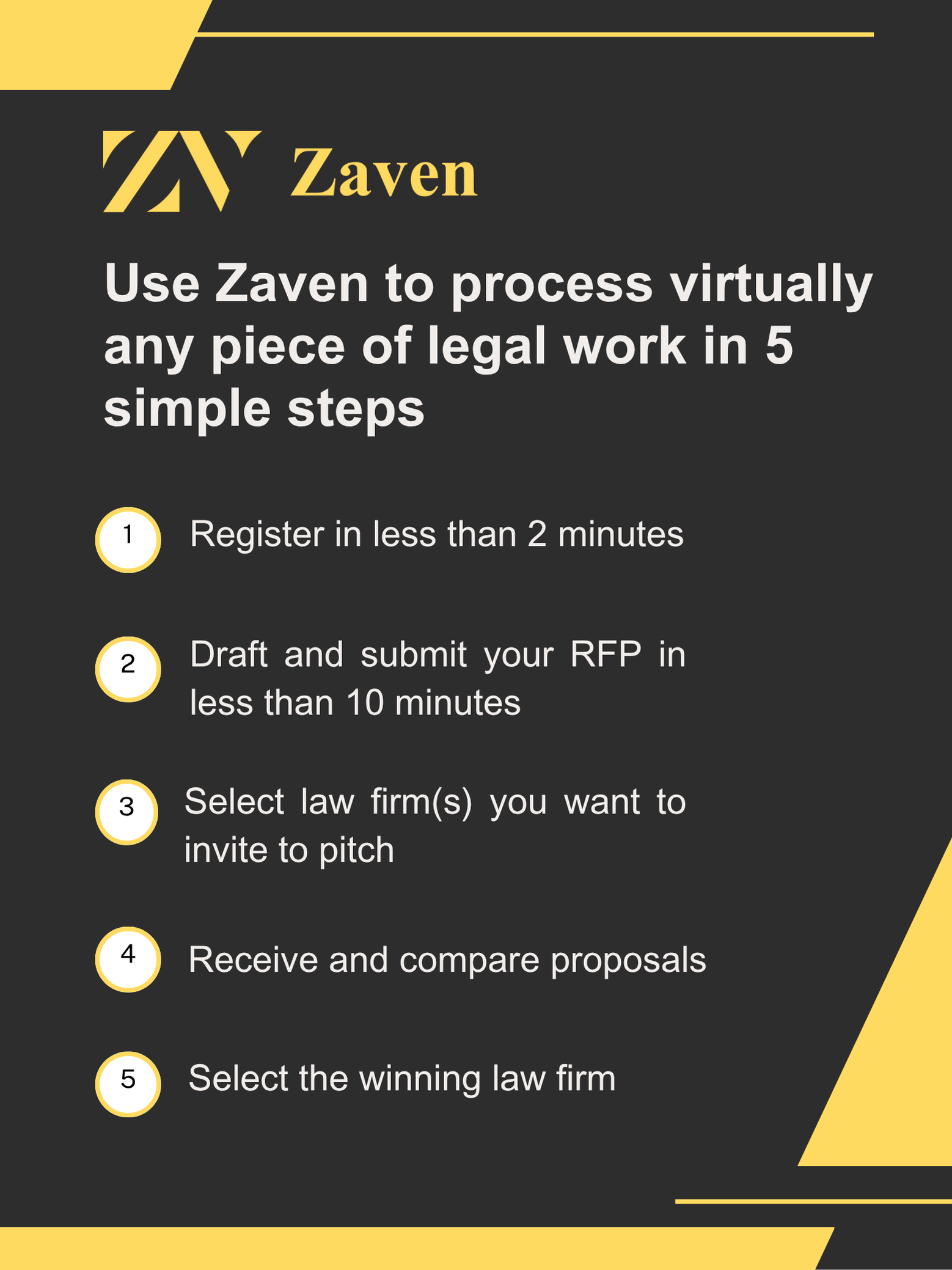Hello legal innovators!
This month, we’re diving into:
- Big Law’s Half-Century Party: The economic model that’s ruled for fifty years faces its expiration date as AI firms promise 80% cost reductions and the billable hour pyramid realises the floor is lava.
- Beyond AI Hype: My friend Olivier Chaduteau reveals why everyone’s obsessing over ChatGPT while missing three other massive disruptions, regulatory explosion, geopolitical complexity, and societal pressure that are actually reshaping legal practice.
- The “Not For Us” Delusion: Bruce MacEwen delivers a brutal diagnosis of why BigLaw leadership acts afraid of its own partnership, and why firms that don’t cannibalise themselves will be eaten by someone else.
- The Delta Model Prophecy: Five years ago, Thomson Reuters predicted which lawyer competencies would matter in 2025. Turns out they weren’t making suggestions, they were writing tomorrow’s job requirements, and tomorrow just arrived.
- The Antitrust Illusion: Competition regulators keep “winning” cases against tech giants while the competitive landscape remains unchanged, turns out strongly-worded letters and couch-cushion fines don’t break up monopolies.
Now, let’s jump right in!

Big Law’s Half-Century Party: Why the Music’s Finally Stopping
For fifty years, Big Law’s business model has been bulletproof: leverage junior lawyers like medieval serfs, charge by the hour regardless of efficiency, and maintain a pyramid where 80% of associates eventually leave. Now AI firms promise 80% cost reductions, and that model just realised the floor is lava.
Key Takeaway: Big Law won’t disappear, large companies still need global coverage and risk-absorbing brands. But the economic model that’s ruled for half a century is facing its expiration date, and no amount of premium billing will save it.
The Traditional Model:
High leverage with small equity partner groups owning the firm while everyone else generates fees.
Time-based billing that measures value by counting hours (because what could go wrong?)
Up-or-out structure maintaining the pyramid by forcing 80% of junior lawyers to leave.
The Disruption Wave: Hybrid firms like Covenant promise 80% cost reductions using AI and experienced lawyers. Legal AI tools complete work in fractions of previous time. Sophisticated ALSPs combine AI with traditional services, while distributed platforms connect independent lawyers directly to clients. Corporate legal departments can handle more internally with AI tools.
Why Big Law Still Stands: Many general counsel prefer the billable hour system and luxury legal services that signal business positioning. Unpacking work to route different matters to various providers requires more effort than routing everything to a trusted Big Law brand that protects the GC if things go wrong. Scale advantages persist, Big Law remains global with deep expert benches.
Call to Action: The question isn’t whether Big Law survives, it’s whether the economic model does. As AI tools improve and progressive firms grow, will Big Law evolve its business model or watch its market share slowly bleed to alternatives that stopped counting hours? ⚖️💼
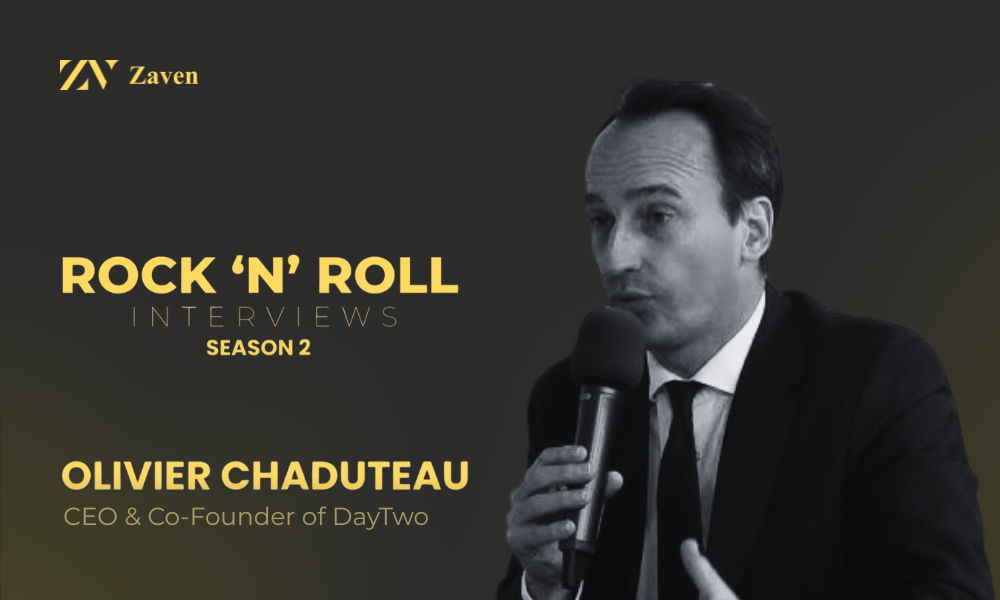
Beyond AI Hype: The Four Disruptions Actually Transforming Legal Practice
My friend Olivier Chaduteau, PhD (CEO & Co-Founder of DayTwo), who ventured into legal tech before anyone I know, breaks down why the legal industry transformation goes far beyond AI. Turns out everyone’s obsessing over ChatGPT while missing three other forces reshaping the entire profession.
Key Takeaway: While legal Twitter debates AI prompts, four simultaneous disruptions are creating a new VUCA world (volatility, uncertainty, complexity, ambiguity) that makes the old playbook obsolete. AI is just the loudest disruption, not the only one that matters.
The Four Disruptions:
- Digital and AI: The obvious disruptor everyone talks about, but focusing exclusively on technology misses the broader transformation context.
- Regulatory Explosion: The OECD identified over 1,000 AI-related policies alone, but add environmental regulations, data privacy frameworks, and sector-specific rules creating cascading obligations across jurisdictions.
- Geopolitical Complexity: The post-WWII bipolar world evolved into fragmented multipolar competition. China, US, Europe, India, Russia, and emerging African nations create conflicting requirements and trade restrictions companies must navigate simultaneously.
- Societal Disruption: Consumer expectations function as soft regulation, not legally binding but commercially devastating when social media amplifies individual voices into movements that can destroy brand reputation overnight.
Why This Matters: Reputation risk has become a primary concern for general counsel. Legal departments must assess not only regulatory compliance but also how corporate actions align with evolving social expectations. A single viral post about human rights or environmental practices can mobilise millions to boycott products.
Call to Action: Are you preparing for AI disruption while ignoring the regulatory, geopolitical, and societal forces that will determine which companies survive? The legal profession’s transformation isn’t about one technology, it’s about navigating four converging disruptions simultaneously. 🌍⚖️

The “Not For Us” Delusion: Why BigLaw Is Afraid of Its Own Partnership
Bruce MacEwen tackles the most daunting topic in BigLaw’s future and delivers a brutal diagnosis: law firm leadership acts afraid of their own partnerships. Meanwhile, Richard Susskind’s latest book reveals that professionals viewing themselves as irreplaceable artists are delusional and dangerous.
Key Takeaway: If you don’t build the systems that replace you, someone else will. Self-disruption may feel like self-cannibalisation, but as Susskind warns: “If there’s going to be cannibalisation, it’s best to be first to the feast.”
The “Not For Us” Trap:
Professionals regard their work as “the very embodiment of what machines will never be able to do”—spoiler: they’re wrong.
Leading firms now recognise their main competition isn’t each other, but AI-empowered organisations that don’t need professional advisors.
Susskind observes the global AI race is “relentless without end,” yet firms act like it’s someone else’s problem.
The Investment Failure: Firms suffer from technological myopia, fixating on today’s limitations rather than tomorrow’s seismic shifts. Leaders focus on short-term wrinkles, kicking AI commitment down the road while competitors race ahead.
The Leadership Crisis: MacEwen’s pointed observation cuts deep: “Leadership at law firms can act as if it’s afraid of the partnership. This is not leadership and it’s not a recipe for building or sustaining a durable high-performing firm.” Are firms assigning their strategic AI roadmap to their very best thinkers, or just whoever volunteers?
Call to Action: BigLaw faces a fundamental choice: lead your own transformation or wait for outsiders to disrupt you. Susskind argues we need guidance from Plato, Aristotle, and Kant, not just Sam Altman and Elon Musk. Cards face up, folks. Will you cannibalise yourself or wait for someone else to do it for you? 🎯⚖️
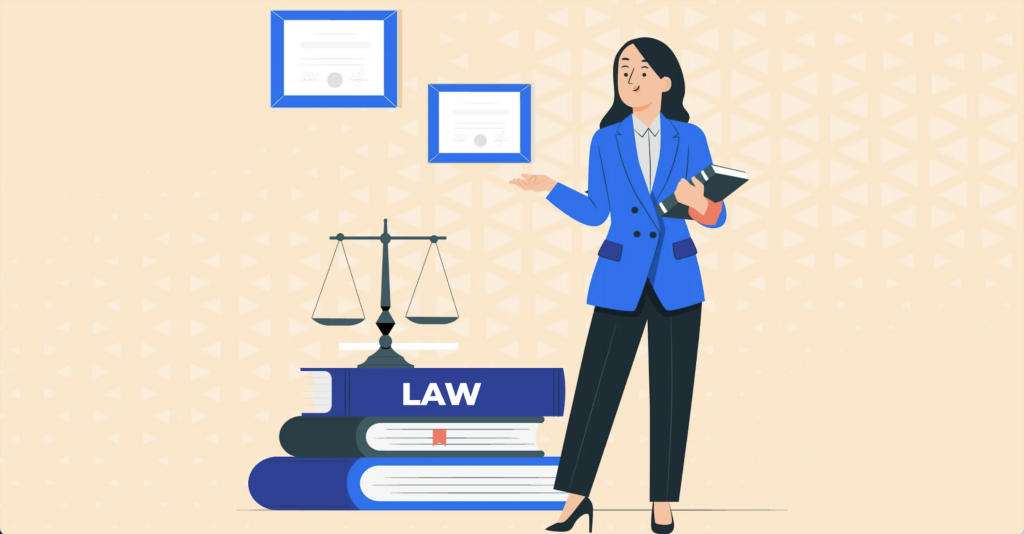
The Delta Model Prophecy: When Five-Year-Old Research Becomes Today’s Job Description
Five years ago, Thomson Reuters proposed a radical idea: maybe lawyers needed more than legal skills to succeed. The legal establishment nodded politely and filed it under “interesting.” Turns out those researchers were writing tomorrow’s job requirements, and tomorrow just arrived.
Key Takeaway: When 91% of respondents said “entrepreneurial mindset” was the top success attribute and 100% chose business fundamentals as essential, they weren’t making suggestions, they were predicting which lawyers would still have jobs in 2025.
The Three Pillars:
The Law: Still important, but no longer sufficient (surprise!)
Business & Operations: Understanding financial metrics, project management, and actually speaking the language of business stakeholders.
Personal Effectiveness: The human skills AI can’t automate emotional intelligence, relationship management, and adaptability under pressure.
Why This Matters Now: As AI handles increasingly sophisticated legal tasks, the distinctly human elements of lawyering have become more valuable, not less. The legal department as cost centre has given way to business enabler, and counsel who can’t demonstrate measurable value delivery are discovering their relevance is negotiable.
The Entrepreneurial Shift: Modern in-house lawyers must identify opportunities before they become legal issues, extending their impact far beyond traditional legal analysis. Proactive problem-solving isn’t career enhancement anymore, it’s career survival.
Call to Action: Legal departments that embraced this broader competency model early weathered recent disruptions better and positioned themselves as strategic partners. The question isn’t whether these competencies matter, the market answered definitively. The question is how quickly you’ll develop them before AI and business evolution leave you behind.
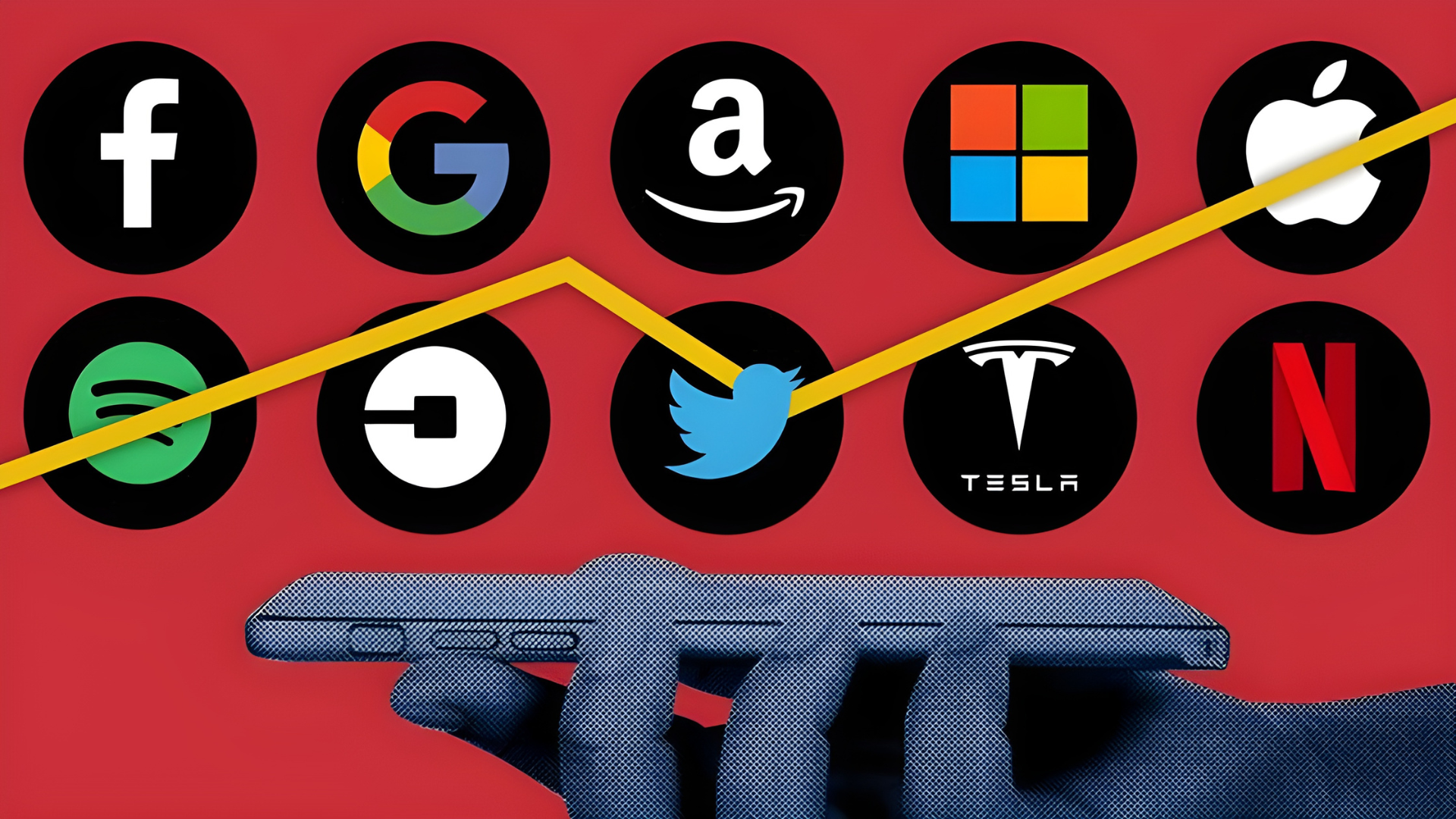
The Antitrust Illusion: Why Winning Against Big Tech Changes Absolutely Nothing
Competition regulators keep “winning” cases against tech giants and patting themselves on the back. Meanwhile, Google, Meta, and friends remain exactly as dominant as before. Turns out successfully prosecuting monopolies is pointless when you’re too scared to actually break them up.
Key Takeaway: Breaking up AT&T and Standard Oil worked brilliantly in 1982 and 1911. Modern courts prefer strongly-worded letters and fines that amount to couch cushion change for companies printing billions.
The Remedy Gap:
Historical breakups transformed markets and restored competition.
Modern courts choose behavioural remedies; fines, data-sharing promises, and other things companies ignore.
The same tech incumbents have remained entrenched for over two decades despite all those “victories”.
Why Courts Won’t Act: Modern judges fear unintended consequences and avoid making predictions. This wait-and-see approach allows dominant firms to consolidate power while courts debate theoretical concerns that never materialise.
The Legal Tech Warning: Legal tech consolidation is coming, and the industry faces a provocative question: What happens when Microsoft, Salesforce, or Google decides legal is attractive enough for a one-stop shop? These companies didn’t just win their markets, they made competition impossible. Once such platforms emerge, antitrust lessons show they’re nearly impossible to break up.
Call to Action: The legal industry can learn from Big Tech’s monopoly playbook or repeat it. Will regulators act before markets lock in, or spend the next decade “winning” cases that change nothing?
This month’s quote
“If you don’t like change, you’re going to like irrelevance even less.” – General Eric Shinseki
The legal profession faces a brutal paradox: self-disruption feels like suicide, but waiting guarantees extinction. This month’s articles reveal an industry that knows it must transform but can’t quite pull the trigger.
From regulators winning cases that change nothing, to Big Law’s fifty-year model facing expiration, to the “not for us” delusion while AI races ahead, the pattern is clear. As Richard Susskind warns: if there’s going to be cannibalisation, it’s best to be first to the feast.
The winners aren’t those with the best strategy. They’re the ones brave enough to disrupt themselves before someone else does it for them. Those who wait for the perfect moment to transform will find competitors already ate their lunch.
Ask yourself: Are you leading your own disruption or waiting for irrelevance to arrive on schedule? The only thing worse than cannibalising your business model is watching someone else do it while you debate whether change is really necessary.


